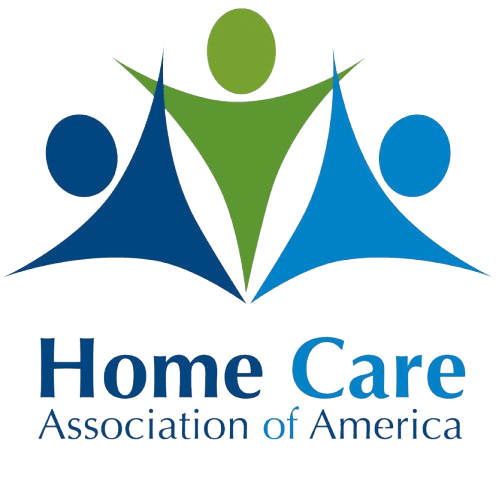One out of five older adults aged 65 or older has at least one untreated cavity. Two out of three have gum disease, and almost 20% of adults 65 or older have lost all of their teeth. The best way to protect your mom’s teeth is by making sure her oral care routine is well managed.
Aging adults can have oral health issues that are less common in children and younger adults. What special considerations should you keep in mind when helping your mom with her oral care?
Low Enamel
As you age, the enamel on your teeth can weaken and wear out due to exposure to the acidic foods you eat and drink. Normal wear and tear through chewing can weaken it. Brushing too hard, infrequent brushing, and damage from grinding your teeth while you sleep also impacts the enamel.
A dentist will tell your mom if her enamel is thinning, and determine if the weaker enamel is increasing her risk of tooth decay. If it is, she should use toothpaste with a higher level of fluoride and ingredients that help strengthen the enamel she has. Mouth rinses designed to strengthen enamel are also recommended.
She also needs to know how and when to brush. Brushing too hard or using a stiff bristled toothbrush doesn’t scrub away more plaque. It does damage the enamel, so she needs a soft-bristled toothbrush, and an electric one that warns her if she’s brushing too hard is ideal.
Brushing right after a meal is worse for the enamel. The acids in foods and beverages soften enamel. Your mom should drink water after a meal and let her saliva do its job of flushing away some foods from the teeth. An hour later, her enamel would have hardened again, so it’s a good time to brush.
Gum Disease and More Frequent Dental Visits
Gum disease is incredibly common, and around 68% of Americans aged 65 or older have it. Your mom needs to see her dentist regularly and have the gap between her teeth and gums measured. If the gap gets too large, bacteria and food particles can get trapped between the gums and teeth and cause gum disease.
If gum disease is severe, it can lead to bone loss and loose teeth that can fall out. Infections that can reach the bloodstream are also possible. A dentist needs to address gum disease to stop it from creating serious problems. This can mean seeing the dentist for three or four cleanings a year instead of two.
Ill-Fitting Dentures or Bridges
If your mom wears dentures or has a bridge, ill-fitting dental equipment can rub, pinch, and create gum or tooth pain that makes it difficult to eat. She needs to tell her dentist that this is happening to make sure it doesn’t impact her diet.
Arthritic Fingers
Arthritis in the fingers can make it impossible to properly hold dental floss and reach the back teeth. Flossing tools with longer arms can make it easier for her. Look for ergonomic flossing tools and toothbrushes that have rounded, wide handles that are easier to grip.
With the risk of gum disease and tooth abscesses, make sure your mom’s oral care routine never goes ignored. If she’s having a hard time brushing her back teeth or reaching into her mouth to floss, arrange oral care services with a personal care at home agency.
Your mom can have an aide to help her brush and floss her teeth. Her aid can open the fluoride or antibacterial mouth rinse if your mom can’t get it open. Learn more by talking to a personal care at home specialist.
Sources:
https://www.cdc.gov/oralhealth/basics/adult-oral-health/adult_older.htm
If you or an aging loved one is considering personal care at home in Danville, CA, please contact the caring staff at Provident Care Home Care today at (209) 578-1210.



